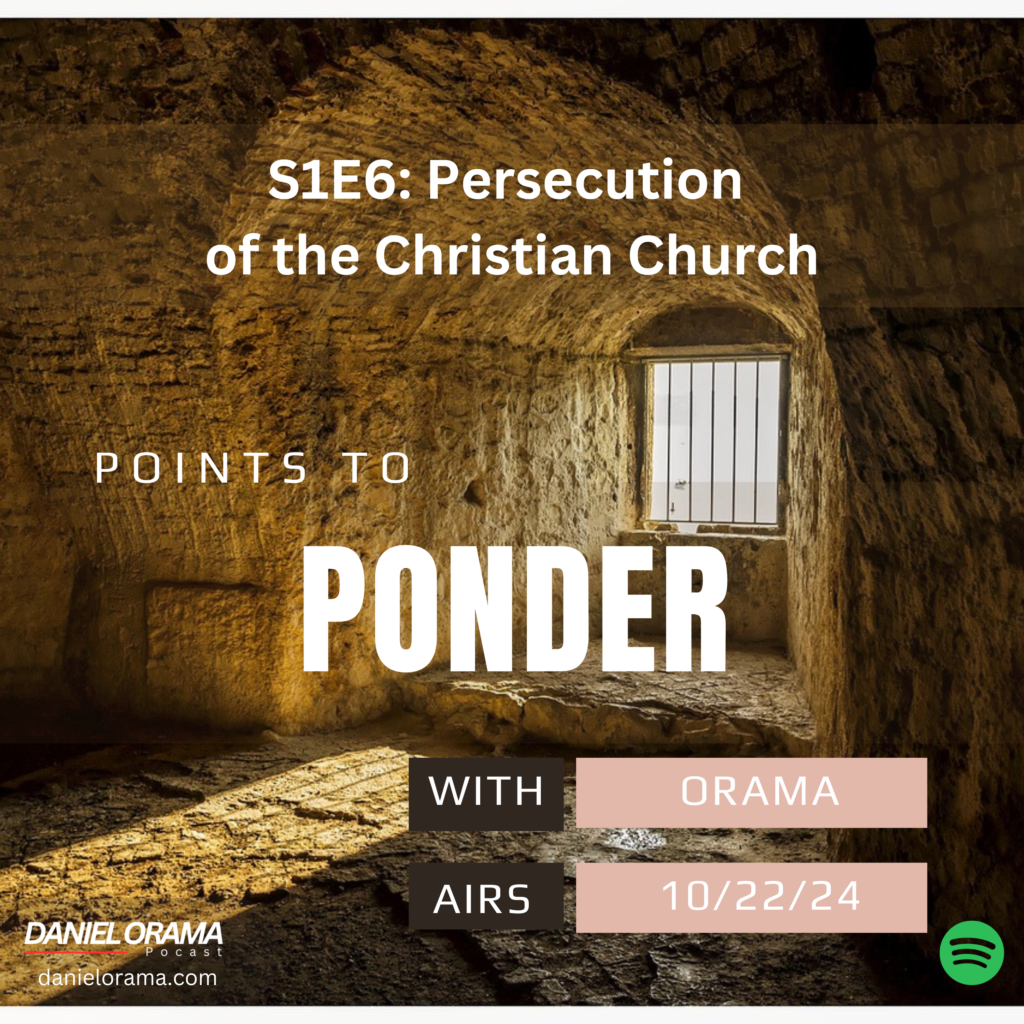Euphemisms, a Soft Way of the Blind Leading the Blind
Cuba declares itself a socialist state, which sounds nicer than Marxist or Communism. That is called a euphemism. Some of you might remember the late George Carlin’s skit Euphemisms. In his 1990 performance, he states, “I don’t like words that hide the truth. I don’t like words that conceal reality. I don’t like euphemisms, or euphemistic language. And American English is loaded with euphemisms.” Euphemisms, a Soft Way of the Blind Leading the Blind. Euphemisms are a soft or indirect way to express substituted words for a subject matter that replaces the impact of truth because it may be harsh or unpleasant. The world is dark and challenging, and softening language to spare feelings will not prepare a society for the trials ahead.
The Democrat Party is the Socialist Party
In 1992, the National Assembly of Cuba amended its constitution, declaring Cuba a Socialist country. According to Volker Skierka: “Socialist state of workers…organized with all and for the benefit of all as a united and democratic republic, for the enjoyment of political liberty, social justice, individual and collective well-being, and human solidarity”[1] A perfect picture of Marxist Communism. The pattern is like this: establish socialism with the strategic aim of establishing communism. Sound familiar? The Democratic Party is socialist, and that is not my opinion; they have their party members declaring it, like Bernie Sanders.
Click HERE to listen to this podcast on Points to Ponder with Orama.
The Cuban Government Allows a Believer to Profess Faith Beyond the Capital
The judicial system, overseen by the Supreme Popular Tribunal, comprises expert and lay judges elected by the prevalent political assembly. Interestingly, “more than half of these judges are not affiliated with the Communist Party of Cuba (PCC).”[2] While the PCC holds a significant constitutional role in the Cuban state and is guided by the principles of Marxism-Leninism and the thought of José Martí, the revised constitution permits the direct election of candidates. It allows religious believers to profess their faith in areas beyond the capital and the National Assembly. The arrogance reveals that the Cuban government will enable believers to profess their faith beyond the capital, which means they are not allowed, and to this day, it holds supreme. Unfortunately, as of 1997, five years after the original amendments, these provisions were not implemented. One would argue that the judicial system in Cuba is not genuinely democratic, given the PCC’s role and the lack of implementation of the revised constitution’s provisions for religious freedom.
The Exercise of the Freedom of Religion Found Itself in Contradiction
The exercise of the Freedom of religion found itself in contradiction to the Freedom of religion of conscience. According to Boyle’s analysis, the 1992 revisions to the Cuban constitution established the fundamental right to “Freedom of thought, conscience, religion, and belief. The 1992 constitution revision removed references to ‘scientific materialism’ as the basis for the Cuban state.”[3] Why would the Cuban government propose misleading legislation? The answer lies in the 33 years it seized to reassimilate a whole society through the education system; it was the nail in the coffin. The entire population was under the influence of Marxism, Communism, and socialism by dictatorship.
Freedoms are Ultimately Constrained by Socialist and Marxist-Leninist Principles
The revised laws allowed certain freedoms but were also subject to state control, as outlined in Article 39, which establishes the educational system, based on scientific and technical advancements and the principles of Marxism, as under state control. Similarly, freedom of the press and speech were guaranteed but must align with the socialist regime’s objectives. Boyle notes, “Article 53 states that freedom of the press and speech are guaranteed, but must conform to the purposes of a socialist society.”[4] While Cubans can express themselves, these freedoms are ultimately constrained by socialist and Marxist-Leninist principles. Boyle reiterates, “Marxism-Leninism as the official ideology of the state.”[5] Arguments are raised that freedoms are allowed to the people of Cuba so long as they do not interfere with the state’s ruling. This is not religious freedom but rather conformity to the communist regime.
Click HERE to listen to this podcast on Points to Ponder with Orama.
Talk Without Action is Vain
The Government made clear that sharing the gospel outside the church walls was forbidden, and the regime made sure by infiltrating the church with Government spies or, should I say, wolves in sheep’s clothing. According to Paul Marshall, The Government closed the “Cuban Bible Society and placed a twenty-year ban on importing Bibles and religious literature.”[6] Ultimately, Christians would face discrimination within the place of employment, education field, and imprisonment for parents who kept their children home for religious holidays. Sound familiar? In the coming weeks, we will discover how many of these tactics are taking place in our backyards. The question is, what are we, and what can we do about it? Listening to talk show hosts vent over and over the issues without action is in vain. Charlie Kirk is a perfect example of a talk show political activist who walks the talk. He informs the public of what is happening in America and that he is on the front lines, making a difference. “Faith without works is dead” (James 2:20, NKJV).
God bless, and see you on the next one.
[1] Kevin Boyle and Juliet Sheen, Freedom of Religion and Belief: a World Report: A World
Report (London: Routledge, 1997), 122.
[2] Kevin Boyle and Juliet Sheen, Freedom of Religion and Belief, 122.
[3] Ibid., 124.
[4] Kevin Boyle and Juliet Sheen, Freedom of Religion and Belief, 125.
[5] Ibid.
[6] Ibid.

